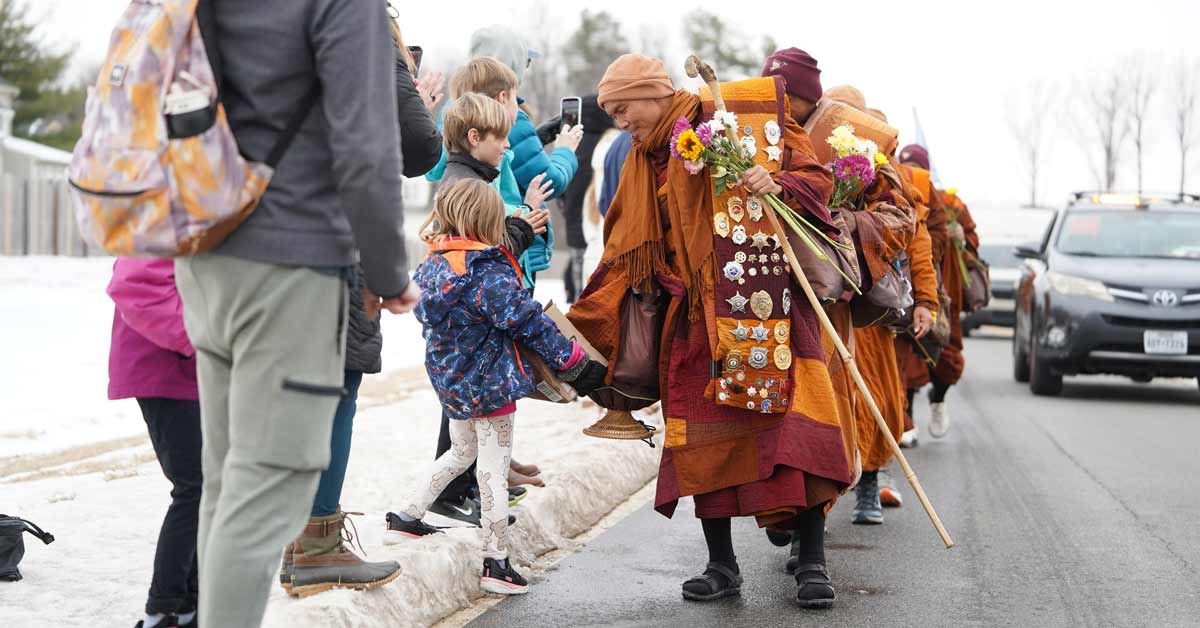Nearly 70% of Muslim Americans say they always give zakat, a yearly donation of 2.5% of one’s wealth that Islam encourages, during Ramadan according to a new study I worked on.
Ramadan is a month-long period of fasting and spiritual growth during which Muslims refrain from all food, beverages and sexual activity from dawn to dusk.
Our Muslim Philanthropy Initiative research team at Indiana University surveyed 1,136 Muslims across the country in 2023 to assess the connection between Ramadan and zakat. We also looked into demographic differences in Muslim giving tied to Ramadan.
We found that women, married couples, those who consider themselves to be very religious, people with incomes in the $50,000-$75,000 USD range, people in their 30s, and those who are registered to vote are most likely to give the bulk of their zakat during Ramadan.
Why it matters
Billions of Muslims across the world observe Ramadan.
Zakat, one of the five pillars of Islam, is aimed at redistributing wealth and alleviating poverty within the Muslim community. Muslims can give to the poor, people who owe big debts, stranded travelers and those seeking to free people from slavery or captivity to meet the requirements of zakat.
Muslims often offer zakat during Ramadan through fundraising at iftars, which are gatherings held at sunset where people break their fast together.
Nonprofits that are not led by Muslims tend to focus their fundraising efforts on giving in December and important secular days for campaigns, such as Giving Tuesday. But if these organizations don’t do outreach to Muslims during Ramadan they are less likely to raise money effectively from a small but generous population.
Muslim-led U.S. nonprofits do spend a significant amount of time and money on fundraising during Ramadan. But they may not realize the importance of stepping up their efforts to seek zakat from Muslims in their 30s, women, married couples, active voters and those who regularly pray at a mosque.
In previous research projects, we’ve found that U.S. Muslims support both Muslim and non-Muslim nonprofits, donating at least $4.3 billion in 2021, including about $1.8 billion in zakat.

What’s next
We are partnering with Islamic Relief USA, the largest Muslim-led humanitarian charity in the United States which serves people in the United States and internationally, and our colleagues at Indiana University’s Lake Institute on Faith and Giving to conduct annual surveys of Muslims in the United States to better understand Muslim giving starting in 2024.
We’re also conducting surveys and focus groups across the world to have a global understanding of Muslim giving. We aim to release data from Pakistan, Kuwait, Jordan, Turkey, Qatar, Indonesia, Malaysia, Japan, South Korea, Bangladesh, Tanzania, Ethiopia, Bahrain, Kyrgyzstan, Italy, Bangladesh and India, in addition to the United States by the end of 2025.
What still isn’t known

Additional research is needed to better understand what motivates these donors to give during Ramadan, how much money U.S. Muslims give to charity during Ramadan and the best ways for nonprofits led by Muslims and non-Muslims to engage donors who are moved to support charitable causes during Ramadan.
The Research Brief is a short take about interesting academic work.
This article was written by Shariq Siddiqui of Indiana University, and originally published on The Conversation.



